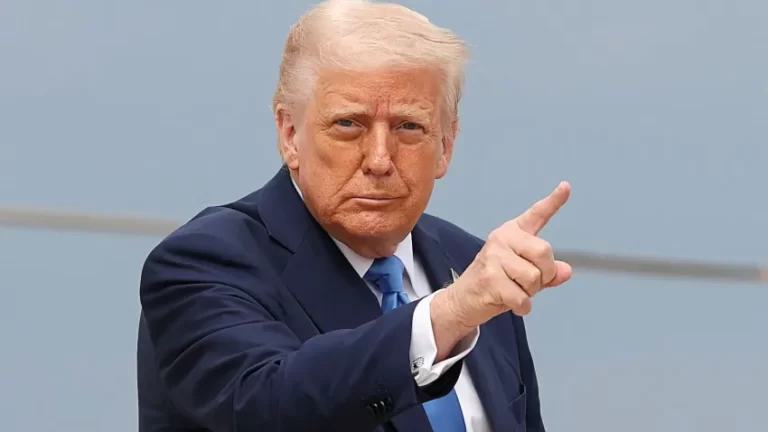
A journalist was accidentally added to an encrypted messaging app group of U.S. national security officials who were planning a military strike in Yemen. President Donald Trump defended the government officials on Tuesday , saying the leak was “the only blunder in two months, and it turned out not to be serious.”
The statement was made in an interview with NBC News . According to the Republican, the presence of journalist Jeffrey Goldberg, editor-in-chief of The Atlantic magazine, in the group had “no impact” on the military operation.
The journalist ended up joining the group after Michael Waltz , the United States’ national security adviser, mistakenly sent a request for him to join the app. “It was one of Michael’s people on the phone. An employee had his number there,” Trump explained to the outlet.
The president went on to defend his security adviser : “Michael Waltz has learned his lesson and he is a good man.”
What was said in the group
The Atlantic ‘s editor-in-chief , Jeffrey Goldberg, revealed on Monday, the 24th, that he was inadvertently invited on the 13th to the group called “Houthi PC small group”, on the messaging app Signal.
Within the group, national security adviser Mike Waltz tasked his deputy Alex Wong with creating a “tiger team” to coordinate US action against Yemen’s Houthi rebels.
The Trump administration launched a large-scale, ongoing military campaign against Yemen’s Houthis on March 15, two days after the journalist joined the chat, over the group’s attacks on ships in the Red Sea, and warned Iran, the Houthis’ main backer, that it needed to immediately stop supporting the group.
Hours before the attacks began, Hegseth posted operational details about the plan to the group, “including information about targets, weapons the U.S. would employ and the sequence of the attack,” Goldberg said. He did not disclose the details of the messages , which he called a “shockingly reckless” use of Signal chat to coordinate the attack.



